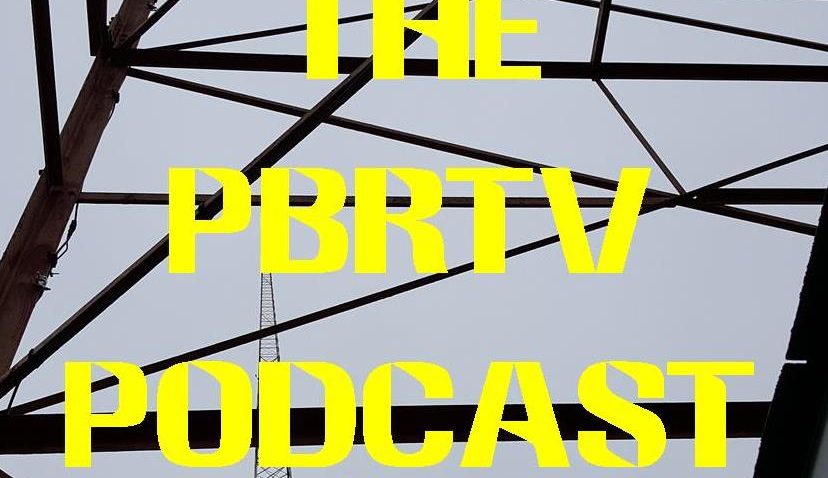Dead horse dept.
November 5, 2007
Via Aaron Barnhart’s TVBarn.com, here’s an eloquent and well-argued speech about media consolidation, delivered to the Federal Communications Commission by Andrew Jay Schwartzman, president and CEO of the Media Access Project, a non-profit law firm that defends First Amendment cases involving broadcasting and the Internet:
Sadly, in the wake of the 1996 Telecommunications Act, and the consequent growth of large regional and national ownership groups, the number of good broadcasters is diminishing, and the number of mediocre broadcasters is increasing.
Locally originated news and public affairs programming is but one important measure of commitment to local service. There are about 1,400 full power commercial TV stations in the United States, and another five or six hundred Class A stations. According to the RTNDA, less than 800 of those 2,000 stations originate newscasts. 2,000 minus 800 is 1200. How can the Commission possibly make the statutorily mandated determination that those 1,200 stations are operated in the public interest? I don’t think it can.
It is even worse with radio. Thousands of stations do little or nothing, and thousands more outsource their newsgathering to a single company which carries essentially identical newscasts on scores of stations. Indeed, one company alone, Metro Networks (which is owned by Viacom, itself a group owner) provides newscasts for more than 2,000 of the nation’s radio stations. Where is the viewpoint diversity in that?
Broadcasters who carry no news or public-service programming, Schwartzman said, “should be asked how they merit a free license for exclusive use of scarce publicly owned spectrum when they don’t provide something — anything — designed to serve the public interest, as opposed to their own private interests.”
Among other recommendations, Schwartzman and MAP called on the Commission to return to the days when minimum amounts of news and public-affairs programming were mandatory; reduce licensing terms from seven to three years; and to deny cable TV “must-carry” access to stations that air more than 12 hours daily of home shopping or infomercials.
We can think of more than a few radio and TV stations in Pittsburgh that would be in trouble if any of his recommendations were accepted.
You can download the entire speech (PDF reader required) by clicking here: Schwartzman testimony

